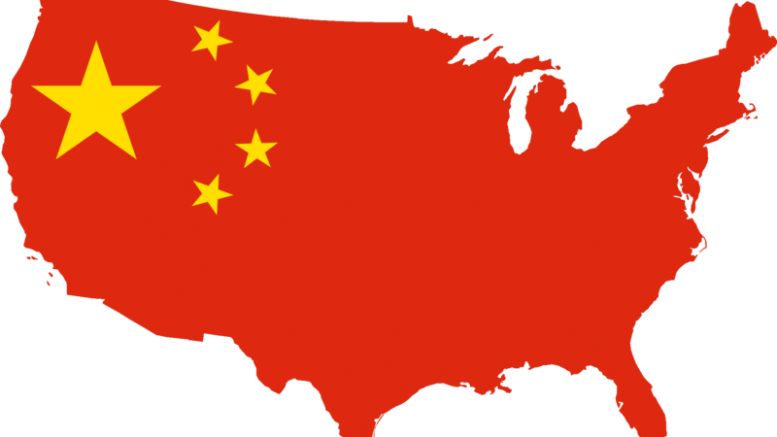Facendo, in particolare, acquistare a cinesi facoltosi proprietà immobiliari, assets finanziari e via discorrendo. Da Zerohedge:
A week ago we wrote how Pennsylvania is financing various state infrastructure projects by selling residency to Chinese “investors” for $500K each. As it turns out, the practice of pimping passports for Chinese capex is hardly new or just isolated to Pennsylvania and is, in fact, massively widespread throughout America’s insolvent states whose tax collections are far below budget and which are in desperate need of fresh funds to embezzle invest in random boondoggles. Case in point, New York, where the Biggest real-estate project in a generation, the Hudson Yards, is now officially financed by 1200 Chinese families in search of visas allowing them to live (and park their stolen cash) in the US. In all, 10,928 foreign investors applied to invest through the program in the fiscal year ended Sept. 30, up from 6,346 a year earlier and 486 in 2006, according to U.S. Citizenship and Immigration Services, the program’s administrator. Most projects have been real-estate developments.
E’ probabile che questa diventi una tendenza anche in Europa, soprattutto nei paesi più poveri, come l’Italia. La questione è, tuttavia, sempre la stessa: fino a che punto far entrare un entità statale estranea nel sistema economico e politico di casa nostra? E’ sostanzialmente questo l’interrogativo al quale dovremmo rispondere, in quanto se, da una parte, è necessario aprirci all’esterno, dall’altra bisogna soppesare i danni che questa apertura potrebbe causarci. In un momento in cui siamo ai ferri corti, a livello mondiale, per l’accaparramento e la ripartizione delle risorse.
Ho scritto entità statale. Si, perché anche i prestiti ai privati sono sempre soggetti al controllo statale e vengono elargiti da banche statali. Quindi parliamo di movimenti di capitali decisi dall’alto e non dal basso. Col beneplacito della popolazione, ovviamente.


Be the first to comment on "Gli Stati Uniti finanziano i propri progetti infrastrutturali con capitali cinesi."